Wintertime Psychology
Brrrrrrrrrrrr! – Jake’s first words every morning in Ohio
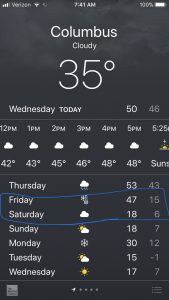
If you’re like approximately 90% of the population, winter is not your favorite season. The cold, the ice, the lack of festive holidays after December (no, Groundhog Day, you don’t count). In fact, for many people, the wintertime can bring on the blues–and I’m not just talking about the color of your toes.
Seasonal Affective Disorder (SAD) is a documented mental illness, where the change in season dramatically influences one’s mood and psychological well-being. But even if the winter doesn’t affect your mood like that (or even to that extent), this period between December and March can have some other, surprising effects on your psychology…
JENNIFER ANISTON

If you’re like nearly 100% of normal people, you enjoy a movie now and again. But did you think your movie preferences could be based on something as unrelated as the season outside?
When looking at box office sales, researchers find that romantic comedies increase sales by about 60% in the wintertime compared to the summer—and that’s after excluding the boost in sales that comes with Valentine’s Day.
In an experimental test of this hypothesis (i.e., cold weather motivates a desire for romance movies), researchers put participants in either a cold room (59-62°F) or a hot room (72-75°F) and then asked them how much they’d pay to watch a number of different movies.
As it turned out, being in the cold room significantly increased people’s desire to watch a romantic film (i.e., participants said they’d pay, on average, about $1.50 more than those in the warm room). However, this temperature effect did not influence participants’ interest in other movie genres, such as thriller, comedy, or action.
The researchers go on to show that people associate romance movies with feelings of “psychological warmth.” In which case, when we’re cold, we seek out heat however we can get it—especially if that “heat” comes from a romance movie with Jennifer Aniston (she’s warming in more ways than one).
COLD EXPECTATIONS
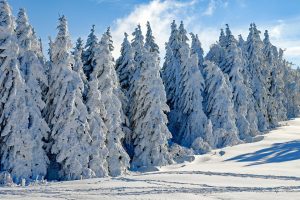
Researchers had participants hold either a cold or hot pad before they moved onto a second, “unrelated” (notice the quotation marks) task in the experiment. That is, after being made to feel warm or cold, participants were asked to list how much they’d pay for two different items: a piece of chocolate cake and a six-pack of batteries.
Here, unlike the romantic movies, those made to feel cold said they’d pay about 35% less (on average) for those items compared to those made to feel warm. In another test of this phenomenon, researchers found that online sales across a number of product categories (e.g., books, watches, games, etc.) all decrease along with the temperature: the colder it got, the fewer the sales.
The researchers posit that when we’re physically cold, we also tend to be emotionally colder, too. In which case, when we evaluate a product, we misattribute those feelings of emotional coldness to the product in front of us, rather than the temperature around us, reducing our likelihood of buying it.
Similarly, this is why jurors on cold (vs. warm days) are more likely to describe criminals as “cold-blooded” killers, resulting in greater penalties and judgment of these criminals when it’s cold out.
THE WEATHER OUTSIDE IS…
As you traipse about the cold this winter, try to remember that the weather can influence your evaluations and behaviors in ways you may not be aware of. Fortunately, when we are made aware of our biases, we can correct for them—the hardest part is simply that initial awareness.
So, if you don’t want to worry about how the winter can affect you, here’s the best psychophilosophy tip I can provide:
Move to Arizona.
Coldly,
jdt
Everyday Psychology: How could the other seasons (or weather patterns more specifically) influence your psychology? For example, if it’s gray and dreary outside, may you feel gray and dreary inside? What about nice and warm weather? How could the positive mood from the weather influence your attitudes and behaviors on unrelated topics? As one example, people are more likely to pick up hitchhikers on warm days than they do on cold ones. Why could this be?
Gockel, C., Kolb, P. M., & Werth, L. (2014). Murder or not? Cold temperature makes criminals appear to be cold-blooded and warm temperature to be hot-headed. PloS one, 9(4), e96231.
Hong, J., & Sun, Y. (2011). Warm it up with love: The effect of physical coldness on liking of romance movies. Journal of Consumer Research, 39(2), 293-306.
Zwebner, Y., Lee, L., & Goldenberg, J. (2014). The temperature premium: Warm temperatures increase product valuation. Journal of Consumer Psychology, 24(2), 251-259.





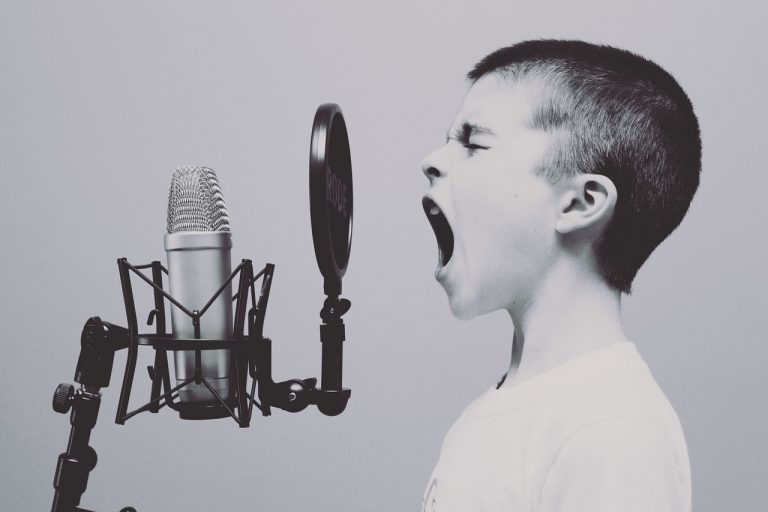
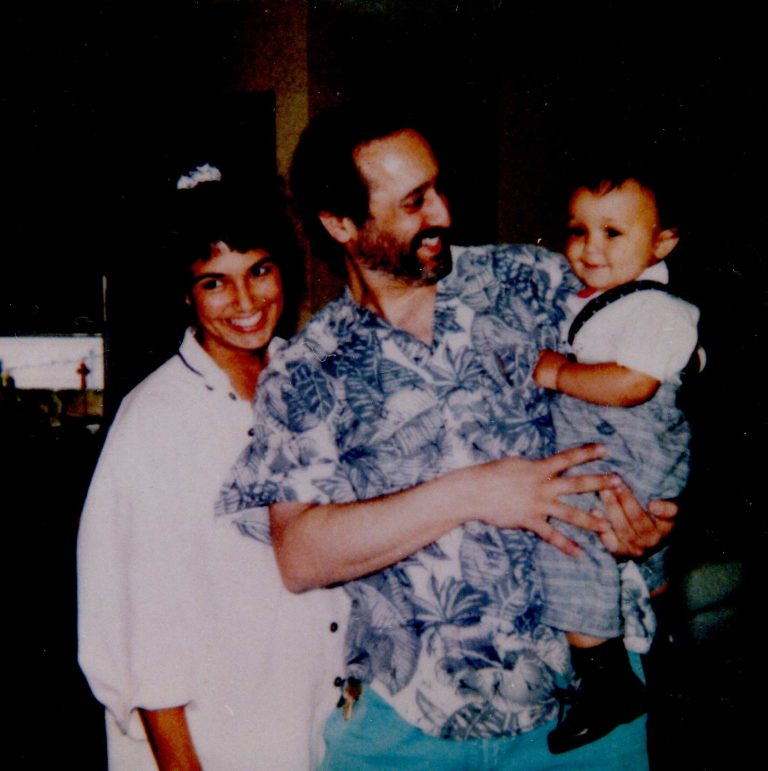

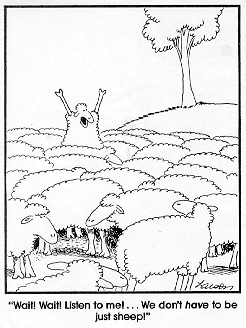
Why do some people prefer sunny weather, while others prefer snowy/cold, others aren’t bother by rain and grey clouds but others get depressed if they don’t see the sun?
That’s a great question, and there are a lot of factors that go into answering it. In general, humans are biologically motivated to prefer weather that is going to be most conducive to their survival (e.g., sunny weather). However, while growing up (or later in life), we may come to develop certain positive associations with the snow/cold (e.g., snow days, holidays, getting to bundle up inside), which can then produce that positivity toward more frigid temperatures. Additionally, there is the intrinsic pleasure of the beauty/quiet of the snow that may particularly appeal to some. And, not to discount biological predictors, some people may have ancestry that predisposes them to the cold, in which case, those lower temperatures don’t bother them as much, and therefore, they’re able to enjoy it more. Whereas you get someone like me who needs mittens on top of his gloves on top of his heat packs, I will be looking for a home other than Ohio as soon as I can…